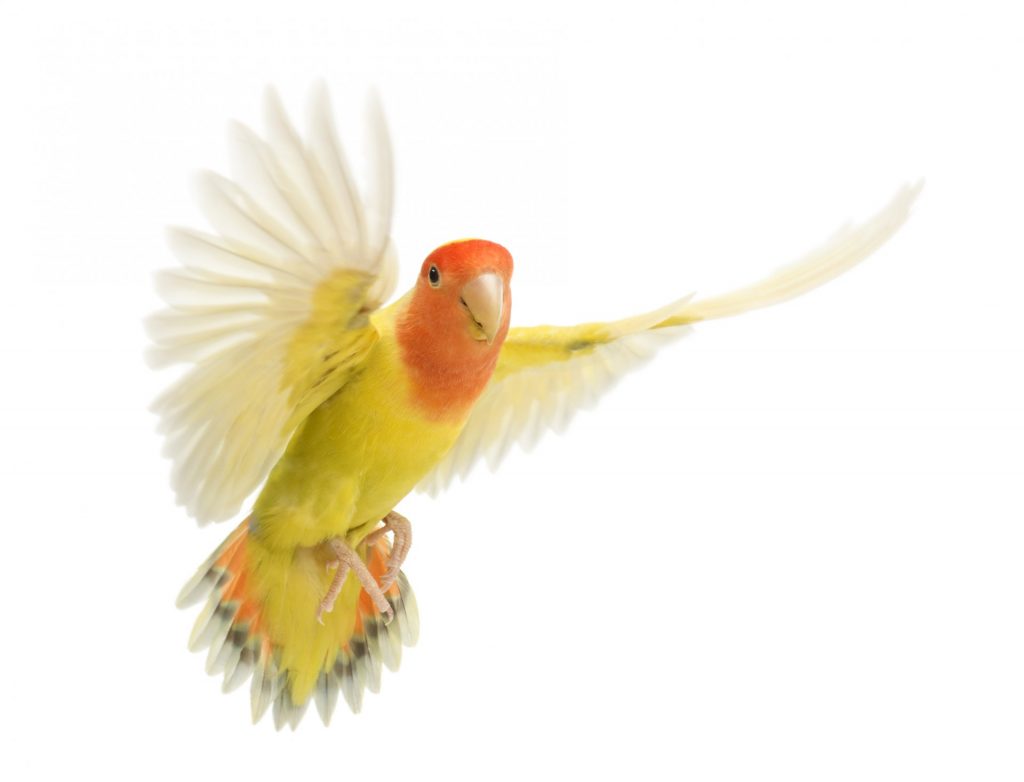(Parrotlets, parakeets and Parrots)
What not to feed your Parrot:
- Chocolate
- Avocado
- Apple seeds
- Alcohol
- Onions
- Mushrooms
- Salt
- Dairy products
- Bread
- No seeds from any fruits
- Citrus fruits in large amounts (should be fed no more then 3 times a week)
**These foods can all cause serious illness or could be fatal **
What you should feed your parrot:
Fresh fruits such as:
- Apples
- Mangoes
- Pineapple
- Pomegranate
- Berries (strawberries, blueberries, blackberries, raspberries)
- Pears
- Peaches
- Plums
- Kiwifruit (skin must be removed)
- Banana
Fresh Vegetables such as:
- Beetroot
- Carrots
- Peas
- Corn
- Broccoli
- Cauliflower
- Pumpkin
- Cooked potato
- Green beans
- Snow peas
- Spinach
- Eggplant
If a parrots diet is lacking in vitamins or minerals this can lead to illness and some behavioral problems. Vitamin supplements can be added to the Parrots water or food.
Seed and Pellet mixes should be added as a part of the Parrot’s daily meals as well. It is best to feed your parrot a more organic pellet. A lot of the supermarket brands do not have the correct nutritional content in them for example a lot of the large parrot supermarket brands have a high sunflower seed percentage. Sunflower seeds are very fattening to a bird and to have it as a main part of their diet can make them sick. Sunflower seeds however make a great treat. A brand such as Vetafarm or Harrisons would be the best choice for seed. These brands stock food for all sized Parrots. For smaller birds a Millet Spray makes a good treat but should not be the only seed component of their diet.
Also try not to feed your parrot the same thing every day as it becomes boring for them. You will have a much happier Parrot if you make things more interesting for them.
Parrots should be fed fresh fruit and vegetables twice a day. If there is food left over in the bowl you will need to cut down the amount of food you are giving them in one meal because it is too much. However keep an eye on your bird’s weight as you don’t want to be feeding them too little.
Fruit and vegetables should never be left in the cage for hours on end as they will go bad and will make your bird very sick.



